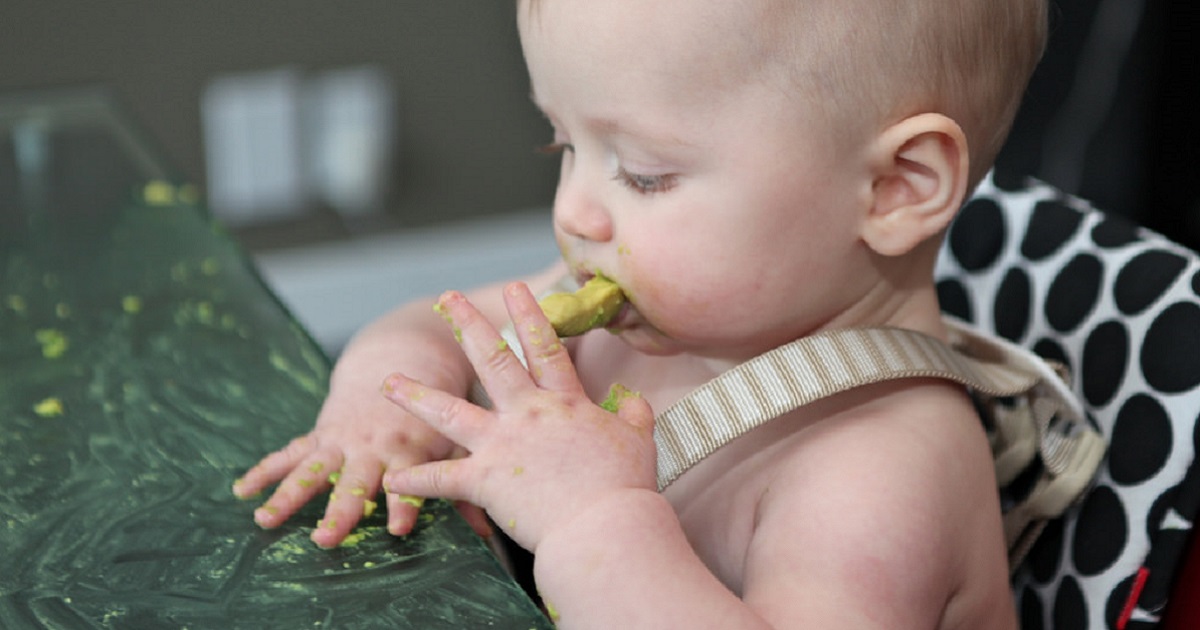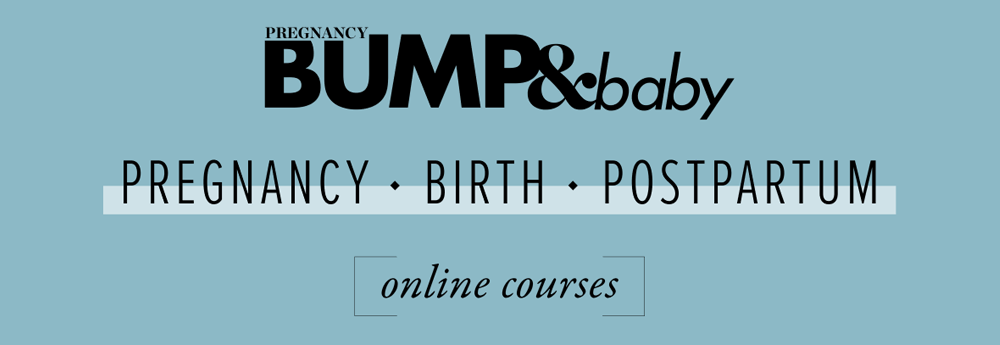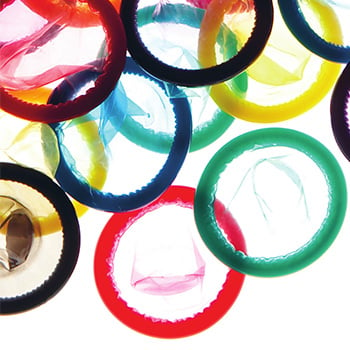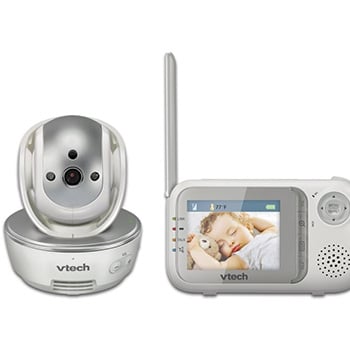
Starting your baby off on solid food is a very exciting time for a lot of parents. However, there is currently a mass of conflicting and, at times, confusing information on just how to do this. Dr Julie Bhosale, internationally renowned family nutrition and wellbeing expert, answers some of these big questions.
Q: What is baby-led weaning, and how does this differ from “traditional” weaning?
Baby led weaning (BLW) has existed for generations. Mothers and grandparents used to feed babies on their laps, chewing up pieces of food from their plates, and giving this to them. However, it has become very popular in recent years – just with a more modern approach. By definition, BLW means strictly feeding your baby finger foods only, and allowing them to choose what they are eating (baby-led). BLW does really encourage babies engage their senses, by touching the food, smelling it and visually seeing it. This is all very important in the process of learning to eat.
However, it is important to also consider for young babies (six to eight months) that foods high in iron are more difficult to eat as a “strict finger food only” – for example, green leafy vegetables, meat, and nuts. The same sensory experience can also be achieved with a bowl of puree… It is just going to involve a bit more mess! The latest research is quite clear in saying to just do both – offer soft pieces of food and let your baby try and feed themselves some puree, which parents can assist with.
Q: How do I know my baby is ready to start solids? Should I hold them off til six months, or is it okay to offer solid foods earlier? And what kinds of foods should I start with?
In terms of when to start solids, there are a number of signs that your baby is ready to start trying solid food. While a lot of babies will start putting things in their mouth early (some will even at three months of age), this alone is not necessarily them telling you they are ready to start. Physical signs to watch for include being able to sit without support, able to hold their head up, and no tongue extrusion reflex. Some babies will put things in their mouths very early on (especially if they are quite tactile babies), so it is good to watch for these other signs. The World Health Organisation recommends exclusively breastfeeding your baby until six months of age. This is something I encourage, while keeping in mind your baby’s own developmental signs.
With regard to what foods are best to start off on, I strongly advise against starting babies off on baby rice. It is a very processed product, low in nutrients, and a baby’s gut actually does not produce the key enzyme to digest grains until about 10-12 months of age. Vegetables, on the other hand, are the most nutrient-dense foods available, and are nice and easy on a baby’s gut. You will want to intorduce a high-iron food source such as red meat soon after this, as boosting your baby’s depleted iron supplies (which happens around six months) is crucial. I talk in detail about what foods to introduce and when with a full weekly plan in my new book The Nourished Baby.
Q: When can I give my baby eggs, cows’ milk, peanut butter, honey, etc? Can you give some guidelines on foods like this?
With the exception of honey, all these foods are allergenic foods. We have seen an exponential rise in the presence of allergy in infants and children. Now one in every 10 children will be diagnosed with allergy. Guidelines on introducing allergenic foods has drastically changed and this has only happened in the last year. A lot of new research has come up to show that introducing allergenic foods can reduce the prevalence of this. I discuss introducing allergic foods in full detail in The Nourished Baby, but in brief, the advice now (as of 2016) is to start these foods, especially fish, peanuts, and egg, early. If there is a family history of allergy, always consult with a specialist first. In regards to honey, this is not recommend for babies under the age of one due to the risk of infant botulism, and is regarded as a form of sugar, so should be avoided for this reason as well.
Dr Julie Bhosale’s new book, The Nourished Baby, a step-by-step guide to introducing solids, is being released on 14 August 2017. You can catch Julie, as well as many other parenting experts talking live from the Seminar Room at New Zealand’s biggest baby event, the Baby Show, which takes place between 18-20 August at the ASB Showgrounds. Buy tickets today at babyshow.co.nz.
BUMP&baby
BUMP & baby is New Zealand’s only magazine for pregnancy and early babyhood. Our team of mums and mums-to-be understand what it’s like to be pregnant in this connected age, and that’s why BUMP & Baby online is geared toward what pregnant women and new mums really want to know.
Other articles of interest
11 Contraception Choices For Post Birth
After baby arrives, it’s time to think about contraception. Family Planning New Zealand (familyplanning.org.nz) shares info on your options
VTech BM3500 Baby Monitor
Stay close to your little one no matter where you are in your home! With the VTech BM3500 Safe & Sound Pan & Tilt Full Colour Video & Audio Monitor, you can hear every sound your baby makes, and watch every step they take








